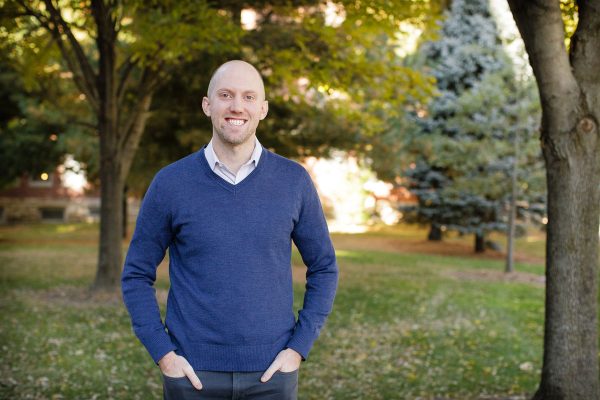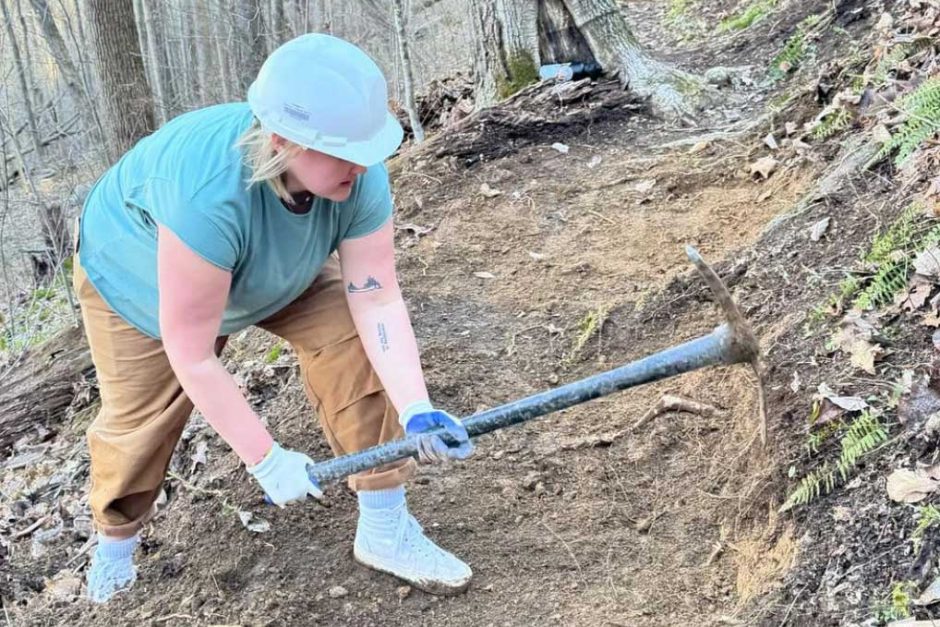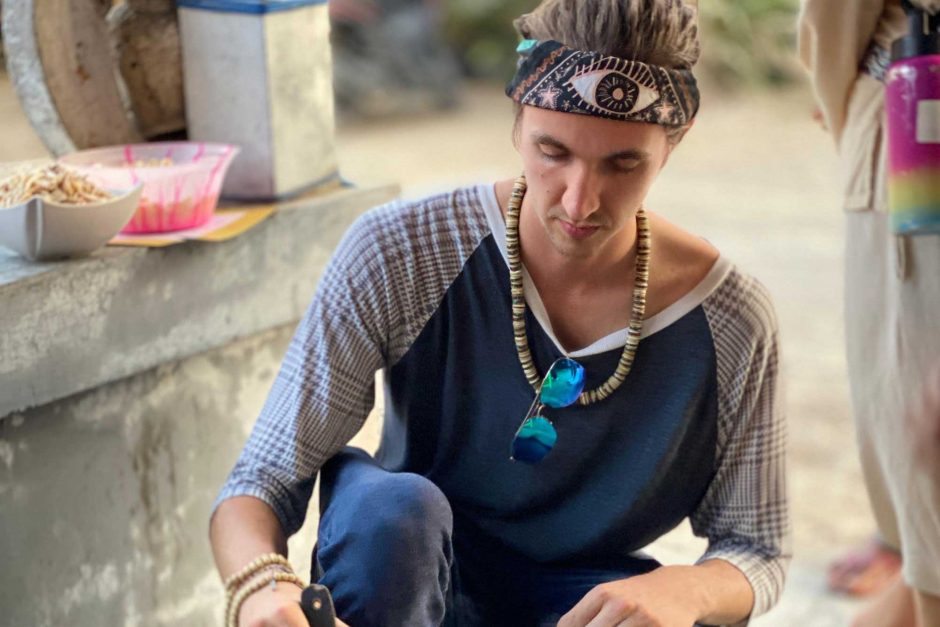Cornell Fellowship opened doors
Aaron Reykdal ’06 was one of the first Cornell Fellows and credits the program with setting him on his career path.
 “I thought when I started at Cornell that I’d be a pre-law major, and I decided to go more of the business route after a Cornell Fellows internship my junior year,” he says. “During that internship I realized how fun it was working collaboratively with other intelligent and driven people to solve problems together.”
“I thought when I started at Cornell that I’d be a pre-law major, and I decided to go more of the business route after a Cornell Fellows internship my junior year,” he says. “During that internship I realized how fun it was working collaboratively with other intelligent and driven people to solve problems together.”
The internship, with Target in Minneapolis, directed Reykdal’s focus to economics, politics, and Spanish. He says it was a pivotal collegiate experience and that having an internship is a critical component for students today. “When I was in college in 2004, it was important, and I would say now that having an internship is critical to landing a job.”
He says finding the right internship is equal parts researching and networking: You identify the types of companies you’d want to work for along with utilizing Cornell’s resources to help you find the right fit.
He said the Cornell Fellows program is invaluable.
“The Fellows program is an awesome door opener. Cornell alumni and friends have opened a lane for Cornell students to get internships that maybe weren’t available to small liberal arts colleges,” he says. “It’s an amazing program that will shape your way of thinking and influence the work you go into.”
After graduation Reykdal took a job for the retail giant. “I was in inventory management, which was a fancy way to say I ordered all the bottled water for Target stores all over the country. It’s a bigger job than it sounds and it was a lot of fun.”
Over the next dozen years Reykdal continued working for Target, taking positions in project management, marketing, analytics, and IT.
Just a few months ago Reykdal took a position as director of business intelligence and logistics at Coloplast in Minneapolis. The Danish company develops, manufactures, and markets medical devices. Reykdal says he is excited to bring his experiences working for a large corporation to a smaller, growing organization.
Cornell’s One Course At A Time approach has served Reykdal well in his profession, too, specifically related to agile methodology where projects are broken into small pieces. “We often work in three or four-week sprints on a specific project,” he says. “That’s exactly how Cornell works. There have been good parallels to focused, short projects in three or four weeks to deliver faster results for our business.”
Reykdal, originally from Eagan, Minnesota, still lives in the Twin Cities area with his wife, Erin Prall Reykdal ’06, and their two children.
“We both felt lucky to have received scholarships and know our education is paying immense dividends,” he says of the couple’s decision to support Cornell today. “We want to help extend that same opportunity to students in the future.”



